
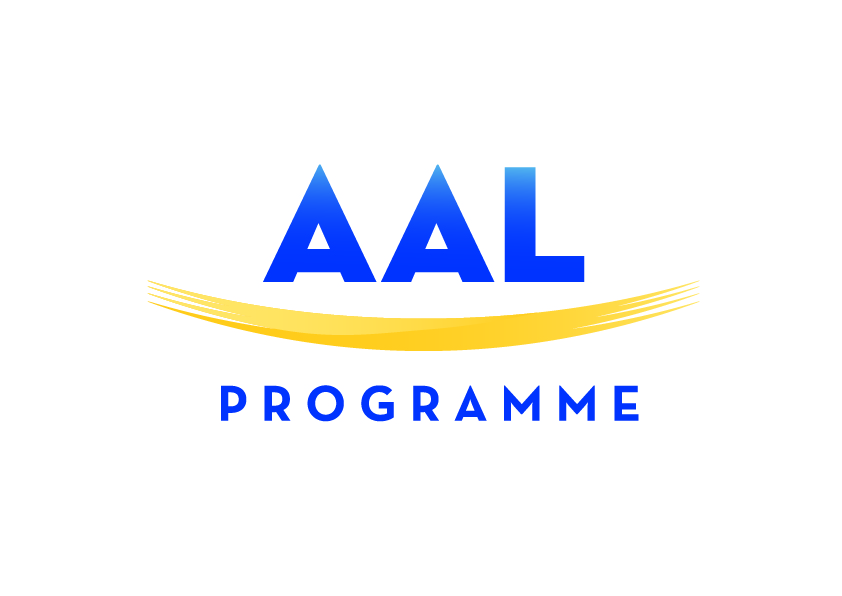
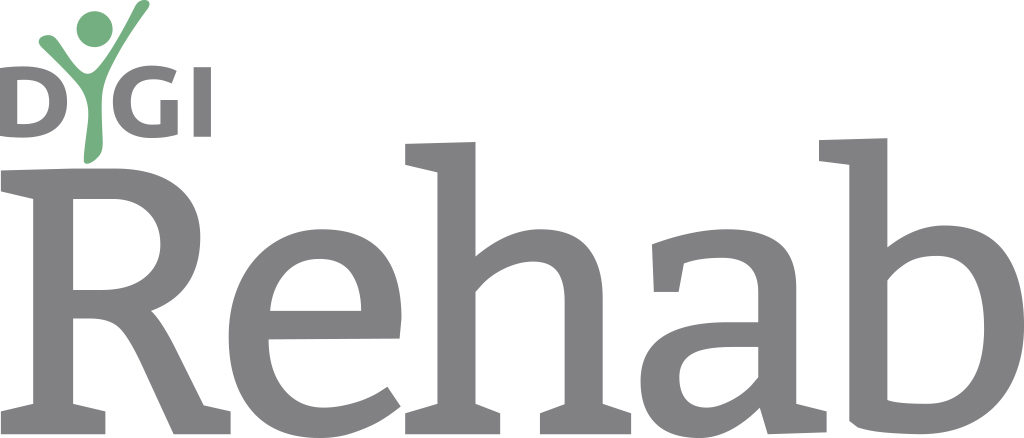

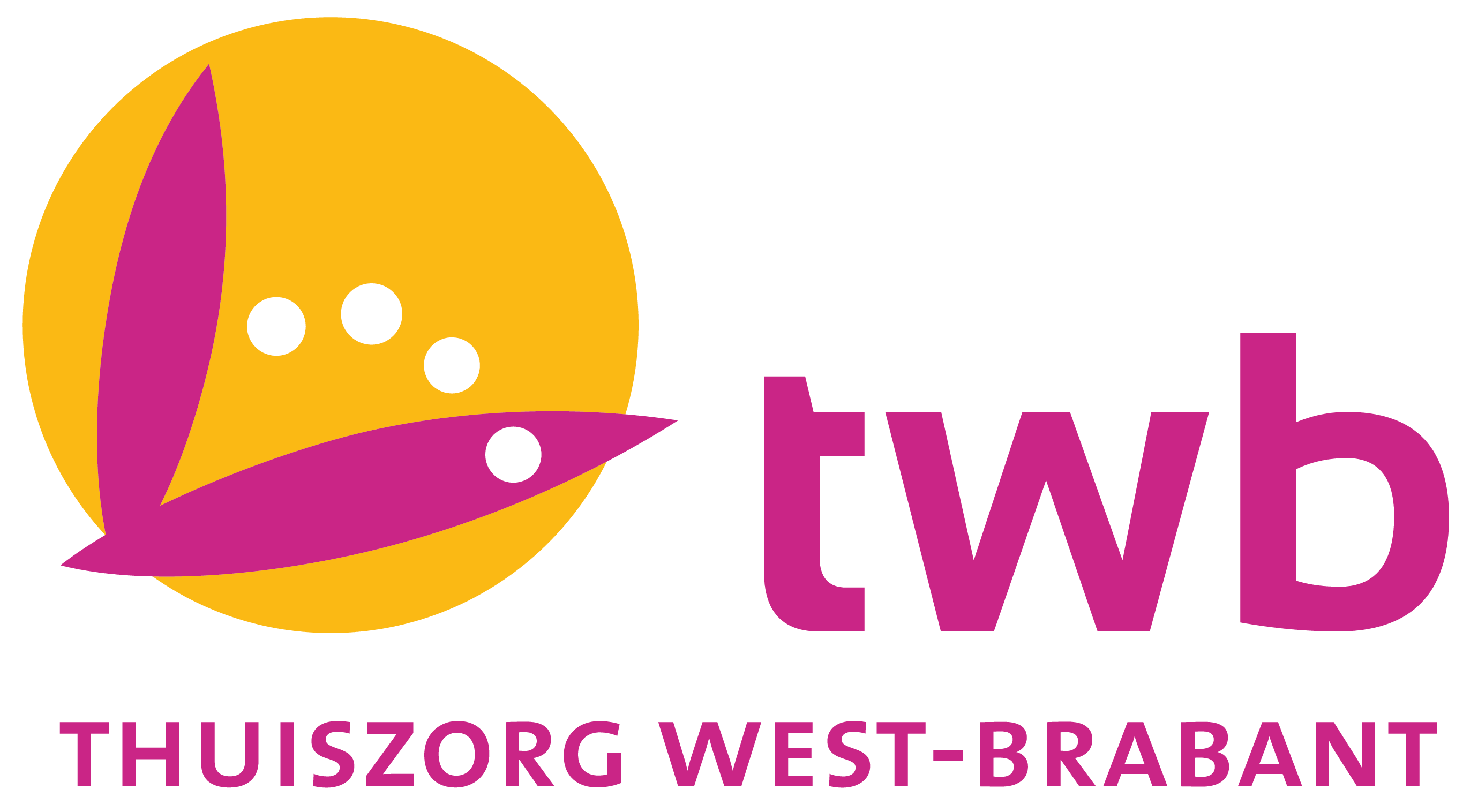
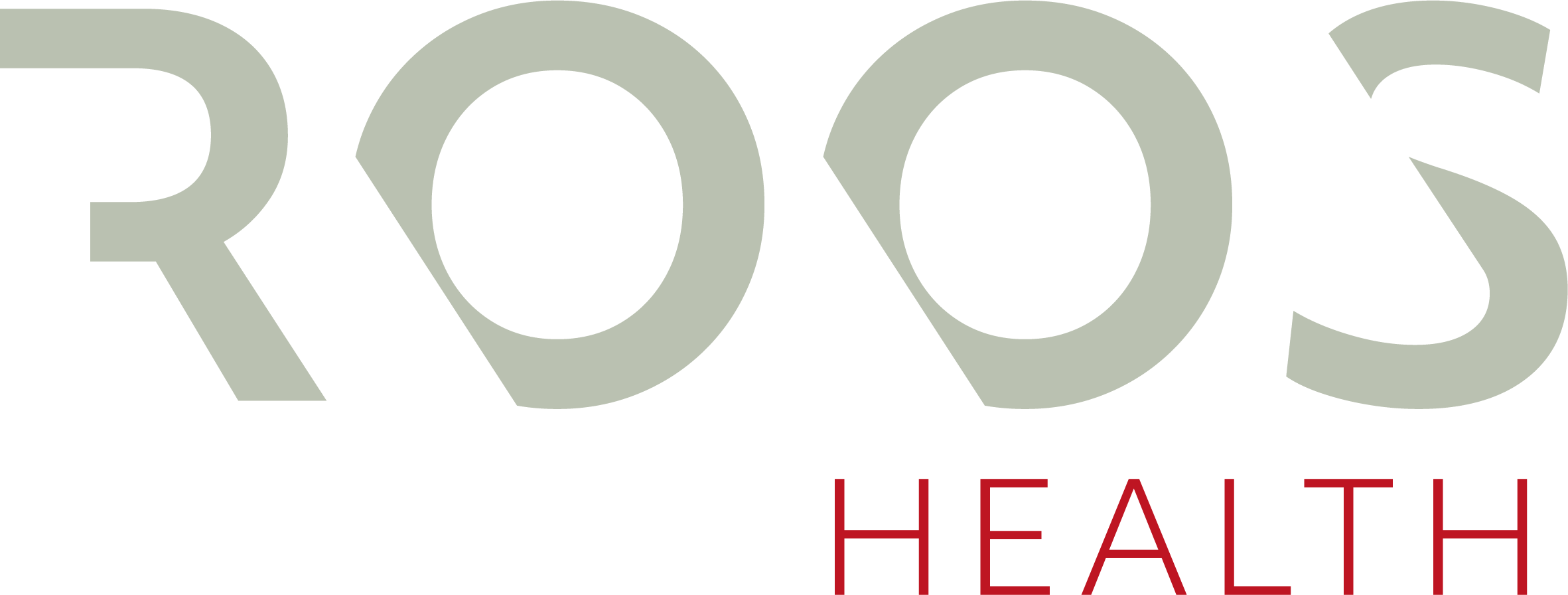
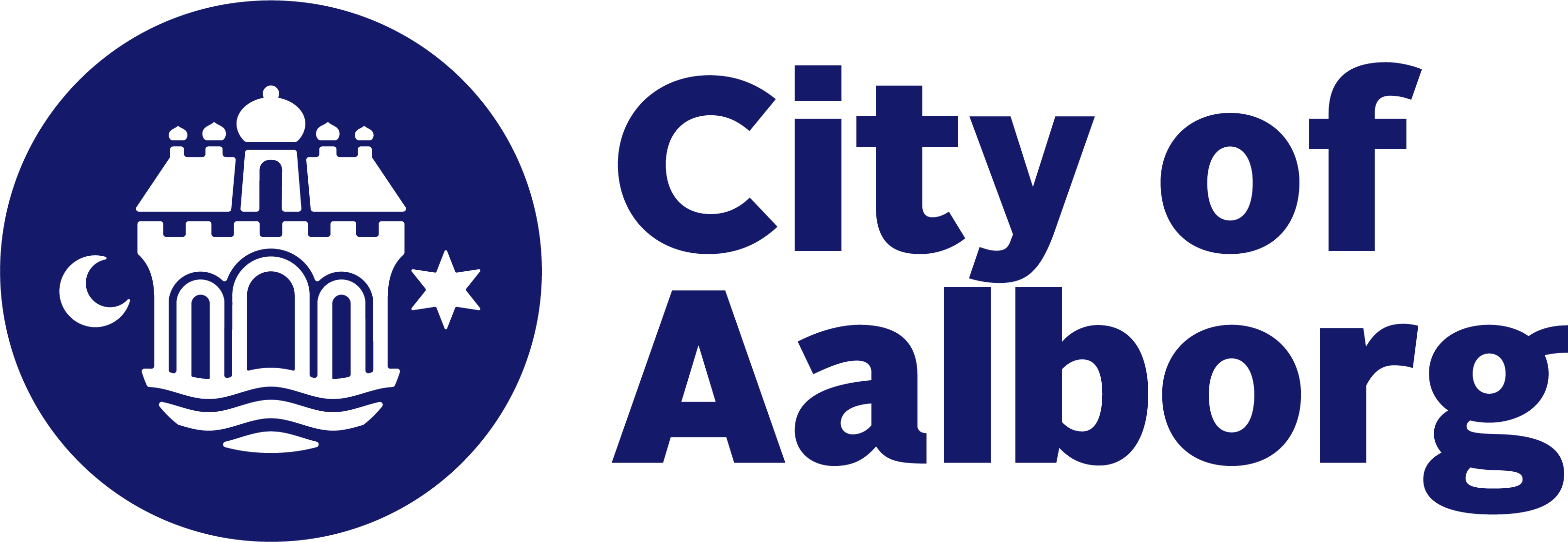
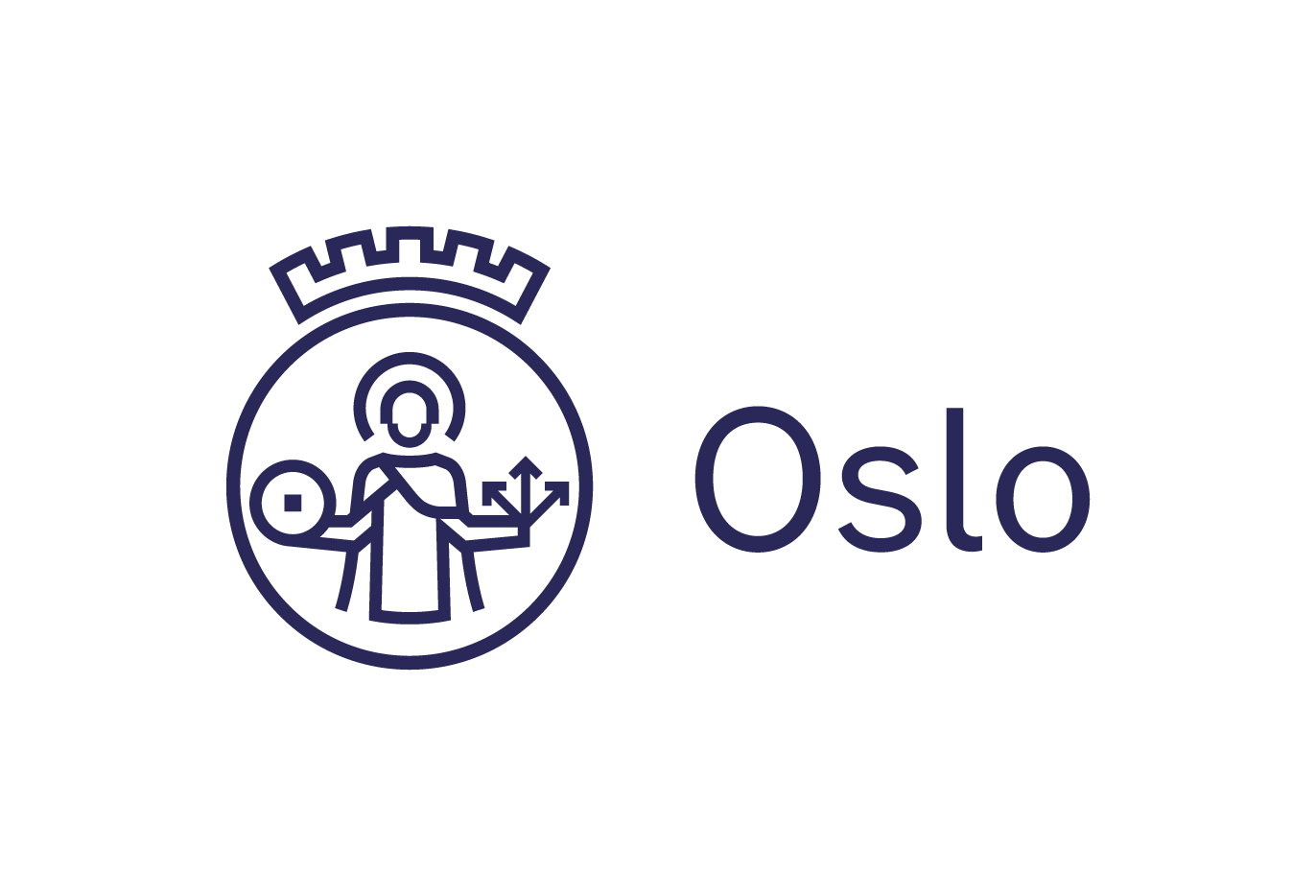
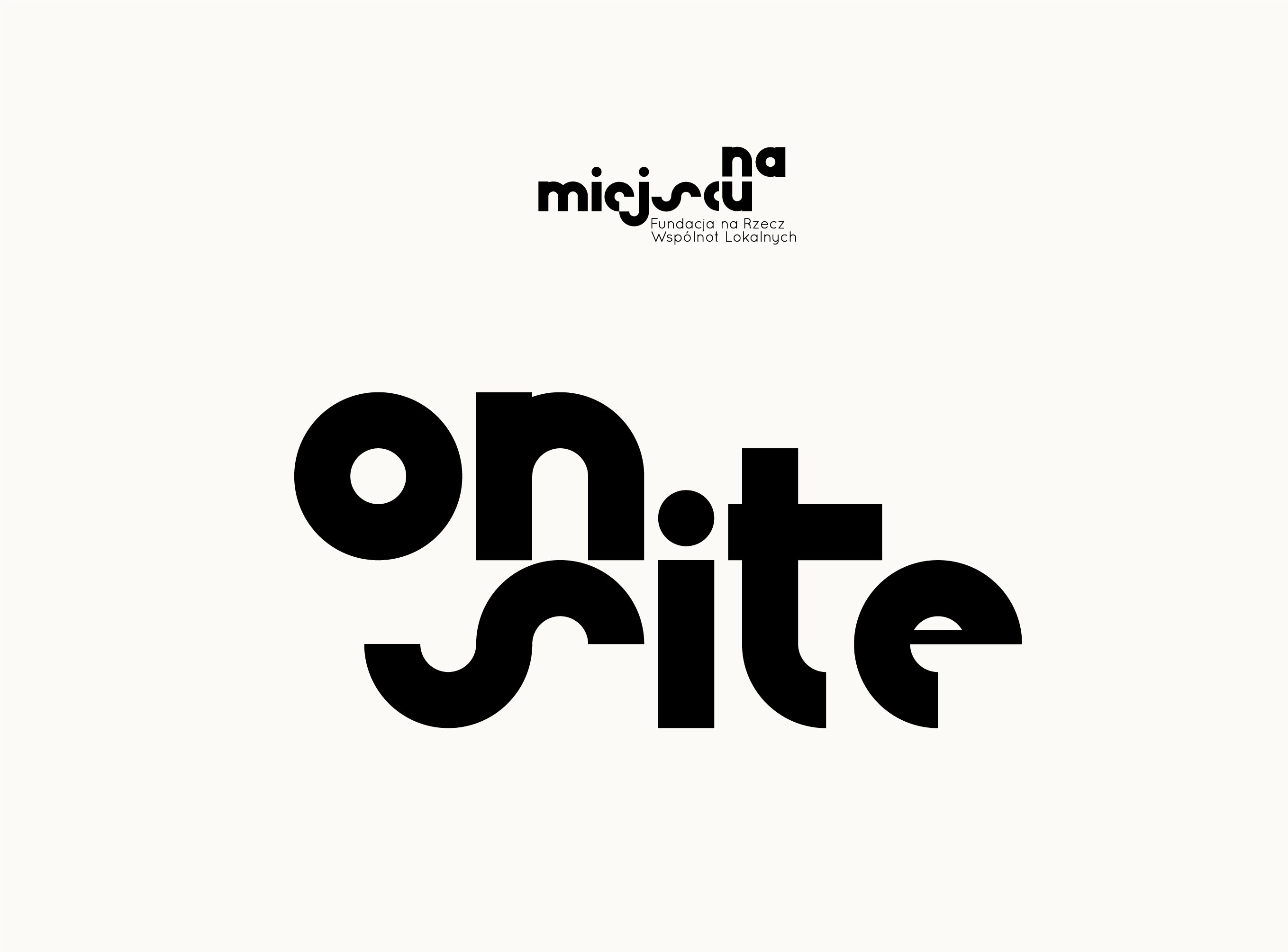
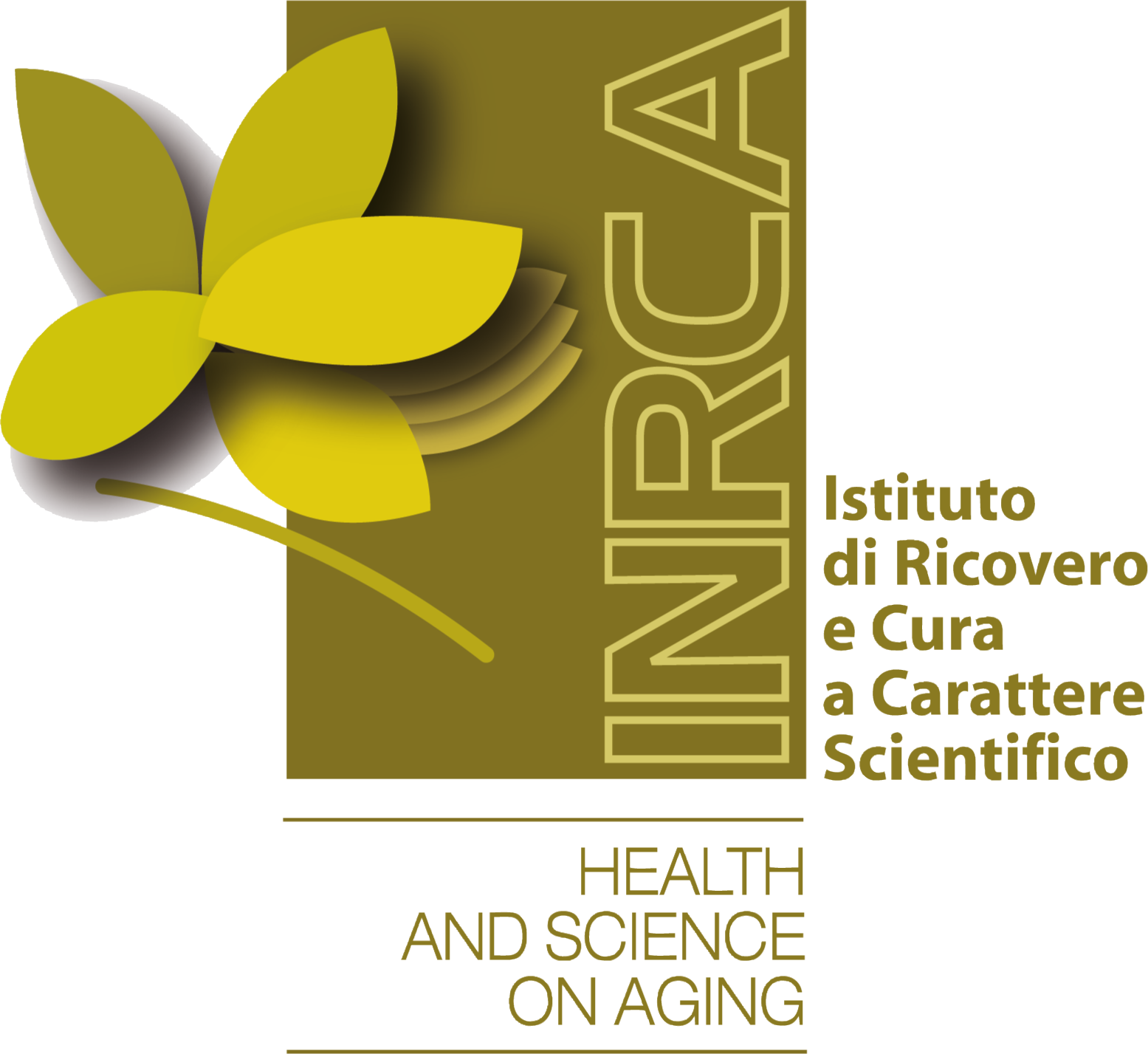
The demographic talks for itself, there are more and more senior citizens in our society, and fewer to provide care and nursing to them. There are many challenges in having a population that is getting older, and one of them is that the elderly citizens are falling and are at risk of falling. 1 out of 3 adults over 65 will experience one fall each year, and the population in this age group will increase by 60 % by 2050. This leaves a significant burden on the health care system and caregivers, who must provide care for the elderly if the service level is maintained. Once an elderly citizen has fallen, the insecurity and fear of falling increase, making many citizens more inactive. When they become inactive, their muscles become weaker and demand more home care. Then it makes sense to make efforts before the citizen falls. It will positively affect both the economic aspects of home care and the individual citizen who becomes more self-reliant, independent and better quality of life.
Another part of the general society growing is the amount of data availability. The data can give us valuable information about the population when feed into a computer and the correct methodlogyes
Presently, there are no data-driven decision support systems (DSS) that can accurately assess the risk of falling, and no targeted preventive interventions occur. Based on the findings accomplished so far, PRECaiSE aims to build an effective Artificial Intelligence-Machine Learning (AI-ML) DSS platform that uses extensive data collection from different sources and end-users groups across the EU. Our approach will predict the risk of falling in elderlies and the prevention of falling through a customized physical training scheme upon a prior assessment.
The outcomes of PRECISE comprise a fully mature and accurate DSS platform to evaluate the risk of falling in the elderly age group. This assessment will enable tailored and customized interventions according to a specific individual profile. Leveraging from the DigiRehab training platform and the available app, the solution will continuously monitor and report results after a particular training timeframe.
PRECaiSE gathers a consortium of technical know-how and market knowledge from private companies and insight into the challenges of the senior citizens from end-user and research centre partners. Collectively, the consortium possesses the skills required to develop an innovative IT solution for senior citizens.
DigiRehab A/S, Denmark, has developed a digital platform that provides elderlies' daily caregivers with a tool to tailor and monitor physical exercise for elderlies' rehabilitation without the need for trained physiotherapists.
Roos Health, the Netherlands, develops and research new ideas and concepts for digital health. Roos Health works closely with DigiRehab to implement international projects for the rehabilitation of elderlies.
Aarhus University, Denmark, is an internationally recognized university conducting research, teaching, and consultancy at the highest level, e.g., within classical engineering fields, including Electrical and Computer Engineering (ECE). A research group focuses on computational and data-driven health technology.
Aalborg Municipality, Denmark, supports the citizens in being self-reliant. Therefore the supportive/assistive allocation takes the individual's resources as its starting point, and the support is given based on an assessment of the individual citizen's needs.
District Sagene Municipality, Norway, is one of the 15 districts of Oslo. The unit "Hjemmebaserte tjenester" provides care, e.g., the elderly, daycare facilities, health centres, and users managed personal assistance, home nursing physiotherapy.
Istituto Nazionale di Riposo e Cura per Anziani, Italy, focuses on successful ageing, the promotion of health and prevention. They have multiple focus areas, and where social gerontology is one of the most important research fields, which works in both national and international spheres, as they cooperate with universities and other research institutes.
Fundacja Na Miejscu, Poland, are a Centre for Research and Design of Inclusive Public Spaces with opportunities to involve end-users (e.g., residents) and rehab-related business communities in the capital region of Warsaw. Their priority is to increase mobility and promote ageing in the place of residence, where they combine the potential of sociologists, architects, and designers.
TWB, the Netherlands, are the most significant home care provider in the West Brabant region (285,000 citizens). In recent years, a conscious effort has been made to provide care within the full breadth of the homecare spectrum, e.g., helping in the household, guidance, and specialist district nursing.
Want to hear more?
Please contact Arend Roos, arend@roos.health
Co-founded by the AAL Program and the national authority of Denmark, Italy, the Netherlands, Norway and Poland.









